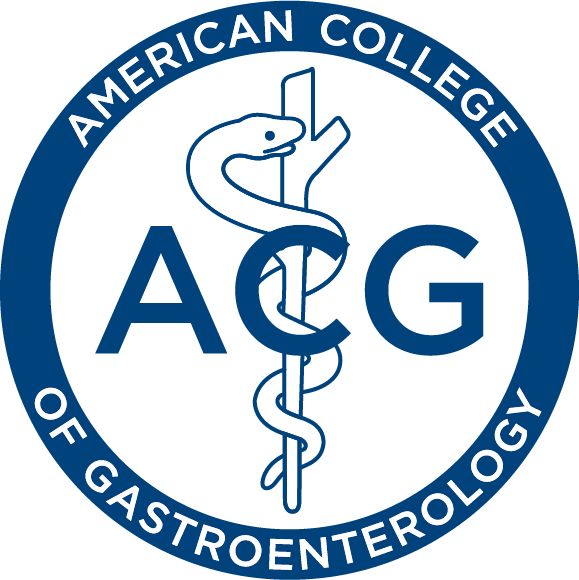Newswise — Bethesda, MD (May 19, 2021) – New guidelines from the American College of Gastroenterology indicate the preferred approach to the management of adults with Clostridioides difficile infection. C. difficile infection (CDI) is a common and challenging clinical problem that occurs when the bacterium produces toxin that causes diarrhea and inflammation of the colon.
Lead author Colleen R. Kelly, MD, FACG, and colleagues provide evidence-based, clinically useful guidelines for the diagnosis, management, and prevention of CDI, with a focus upon clinical challenges of particular interest to gastroenterologists, including diagnostic issues around diarrhea and distinguishing C. difficile colonization from active infection, and the evaluation and management of CDI in the setting of inflammatory bowel disease.
The guideline’s co-authors are Colleen R. Kelly, MD, FACG; Monika Fischer, MD, MSc, FACG; Jessica R. Allegretti, MD, MPH, FACG; Kerry LaPlante, PharmD, FCCP, FIDSA; David B. Stewart, MD, FACS, FASCRS; Berkeley N. Limketkai, MD, PhD; Millie D. Long, MD, MPH, FACG (GRADE Methodologist); and Neil H. Stollman, MD, FACG.
The ACG guidelines are intended to be complementary to the recently updated Infectious Disease Society of America (IDSA) and Society of Healthcare Epidemiologists of America (SHEA) guidelines.
The new ACG guidelines propose an algorithm for testing CDI and address the current evidence and best practices around fecal microbiota transplantation (FMT) in recurrent and severe CDI. The guidelines recommend that FMT should be considered for patients with severe and fulminant CDI refractory to antibiotic therapy, in particular, when patients are deemed poor surgical candidates. The authors note that, “FMT has emerged as an effective treatment, but questions remain about best methods of delivery, optimal donor screening, and long-term safety of the procedure.”
The guidelines review medical approaches to CDI treatment, as well as prevention of CDI recurrence. They recommend against the use of probiotics for primary prevention of CDI or for prevention of recurrence (secondary prevention). The authors review the evidence for approaches to managing CDI in special populations including patients with IBD, those who are pregnant or lactating, or immunocompromised individuals.
Read the Guidelines
Open access to full text of the guideline is posted on the AJG site:
ACG Clinical Guidelines: Prevention, Diagnosis, and Treatment of Clostridioides difficile Infections
http://doi.org/10.14309/ajg.0000000000001278
About The American Journal of Gastroenterology
Published monthly since 1934, The American Journal of Gastroenterology (AJG) is the official peer-reviewed journal of the American College of Gastroenterology. The goal of the Journal is to publish scientific papers relevant to the practice of clinical gastroenterology. It features original research, review articles, and consensus papers related to new drugs and therapeutic modalities. The AJG Editorial Board encourages submission of original manuscripts, review articles, and letters to the editor from members and non-members. AJG is published by Wolters Kluwer. www.amjgastro.com Follow AJG on Twitter @AmJGastro.
About the American College of Gastroenterology
Founded in 1932, the American College of Gastroenterology (ACG) is an organization with an international membership of over 16,000 individuals from 86 countries. The College's vision is to be the preeminent professional organization that champions the prevention, diagnosis, and treatment of digestive disorders, serving as a beacon to guide the delivery of the highest quality, compassionate, and evidence-based patient care. The mission of the College is to enhance the ability of our members to provide world class care to patients with digestive disorders and advance the profession through excellence and innovation based upon the pillars of Patient Care, Education, Scientific Investigation, Advocacy and Practice Management. www.gi.org
Visit the ACG Blog for all news, featured research, and expert insights. Follow ACG on Twitter @AmCollegeGastro as well as Facebook, LinkedIn, and Instagram.
# # #
